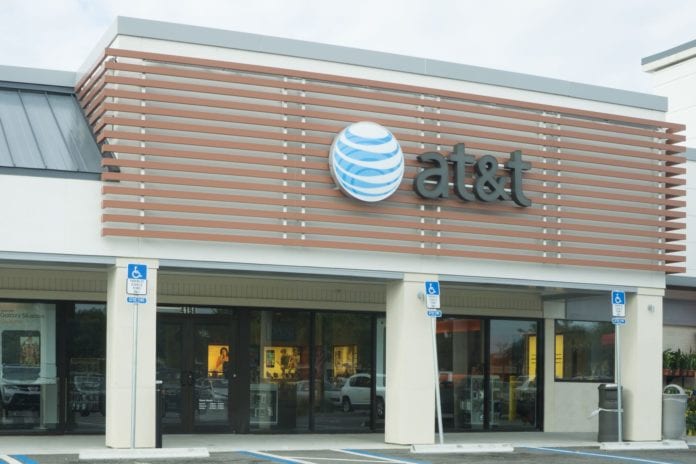VP of RAN and Device Design discusses 2018 5G market launches
BARCELONA—“We’ve got 12 cities we’ve committed to this year. My priority in ’18 is to get those 12 markets launched. That is absolutely our number one focus and priority.” That was the message at Mobile World Congress 2018 from Gordon Mansfield, AT&T Vice President of RAN and Device Design, who spoke with RCR Wireless News about the carrier’s announced commercialization of 5G this year.
So far AT&T has identified Dallas and Waco, Texas, and Atlanta, Georgia, but Mansfield said more city announcements were in the works. In January, company CEO Randall Stephenson said on a conference call that the launch device would be a “puck,” which would be like a Wi-Fi hot spot that would pass on the high throughput of millimeter wave mobile services to other devices.
The puck, “I think that makes a lot of sense at the pace we’re moving,” Mansfield said. “The silicon that goes into that puck is actually capable of supporting a wide array of devices including a smartphone. By getting an early experience with the silicon, and its integration and interoperability with the infrastructure, that allows us to gain confidence as it goes into other devices in our portfolio.”
Mansfield, who is tasked with both the radio access network and device side of the 5G equation, said working toward alignment internally and with external partners is “the thing I have a maintain a lot of focus on.”
He noted that although the 2018 launches, as well as further activations that will follow, are not necessarily the result of brand new work, but rather the result of the carrier’s long-term plans to continuously upgrade its network infrastructure while working aggressively on virtualizing network functions.
“We’ve been on this path for four years,” he said, densifying, virtualizing and upgrading the network. “That still continues even now on the wide area network beyond just the 12 cities where we’ve talked about launching the full 5G NR capabilities this year. When you’ve got a virtual network, as new capabilities come along, it’s software. The core infrastructure, how we built that, we can continue to evolve that network and push that out to the edge. And, from the core to the sites, it’s backhaul. We continue to put great backhaul links into our network and that is, quite frankly, the long pole to getting increased capabilities.”

